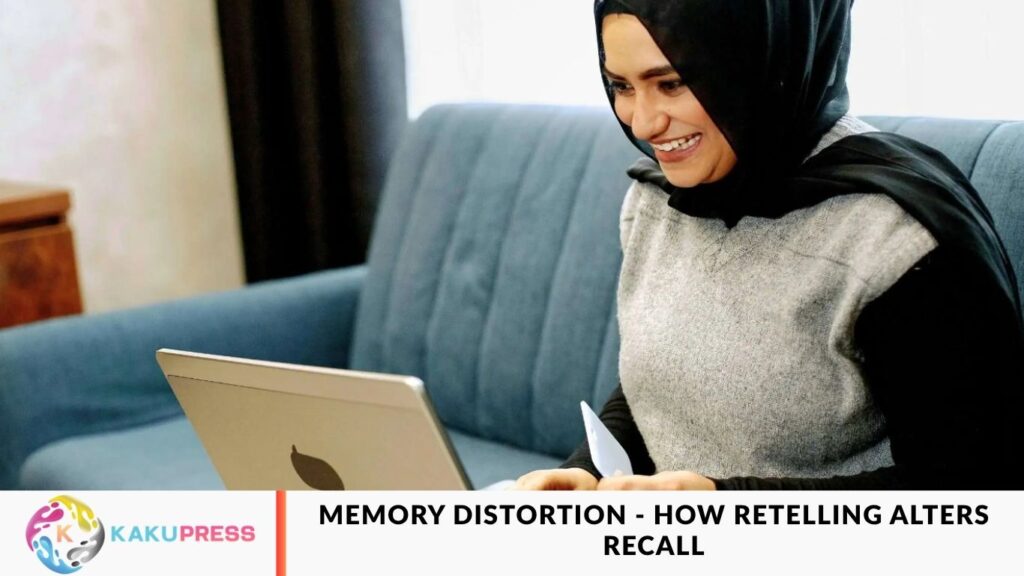Memory is often seen as a stable mental record, reliable and unchanged over time. Cognitive psychology research, however, shows a more complex reality: every time we recall or retell a memory, we don’t just retrieve it—we reshape it.
This subtle shift leads to a self-deception loop, in which memories gradually move away from objective truth and become colored by personal interpretations, desires, or biases.
How Memories Are Reconstructed
Each retelling activates the brain’s reconstructive processes. Instead of pulling an unaltered file out, the brain pieces together fragments influenced by emotions, beliefs, and external feedback.
When someone slightly exaggerates a story—perhaps to make it more interesting or gain social approval—the modified version becomes more likely to be remembered in future retellings. Over time, the original event blurs, replaced by a version that feels real but is subtly distorted.
Unconscious Alterations in Memory
Memory distortion isn’t always intentional. Our brains are wired to create coherent personal narratives, filling gaps, smoothing inconsistencies, and aligning memories with our current self-image. For instance, someone recounting a past mistake may gradually downplay their role until they truly believe the revised story.
Emotional Impact and Memory Distortion
Emotionally charged memories—whether of trauma, success, or conflict—are more likely to be retold and reshaped. What starts as a factual event can evolve into a personal myth, guiding future behavior based on a subtly altered past.
Social Reinforcement and the Self-Deception Loop
Social feedback strengthens distorted memories. Positive reactions to a particular version of a story reinforce the modified memory, making it feel more authentic and justified over time.
Read more: Silent Agreements in Friendships – The Psychology Explained
Risks and Benefits of Memory Distortion
While memory reconstruction can help people cope, form identity, or find meaning, it also carries risks. It can create false confidence, misunderstandings in relationships, or misplaced blame.
Frequently Asked Questions
What is memory distortion?
Memory distortion occurs when recalled memories change over time. Each retelling can subtly alter details, influenced by emotions, beliefs, or social feedback.
How does retelling affect memory?
Every time we retell a memory, the brain reconstructs it rather than retrieving an exact copy. This can introduce inaccuracies, exaggerations, or omissions.
What is the self-deception loop in memory?
The self-deception loop is when repeated retellings make a memory less about reality and more about personal interpretation, eventually leading the teller to believe the altered version.
Are memory distortions intentional?
Not always. Many changes occur unconsciously as the brain tries to create coherent narratives and fill gaps in our recollections.
Which types of memories are most likely to be distorted?
Emotionally charged memories—such as trauma, success, or conflicts—are more likely to change over time due to repeated retellings and emotional impact.
How do social interactions influence memory distortion?
Positive reinforcement from listeners can strengthen altered versions of memories, making them feel more authentic and memorable.
Can memory distortion affect personal relationships?
Yes. Distorted memories can lead to misunderstandings, misplaced blame, or false confidence, affecting trust and communication in relationships.
Conclusion
Memory is not a fixed recording but a dynamic, reconstructive process. Each time we recall and retell an event, our memories are subtly reshaped, influenced by emotions, beliefs, and social interactions. This ongoing process, known as the self-deception loop, highlights how our personal narratives evolve over time, sometimes drifting away from objective truth.

